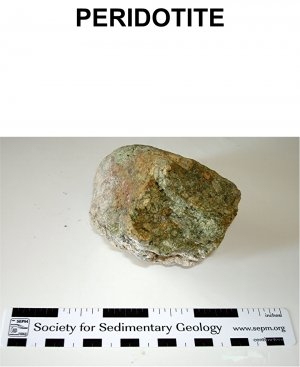 REUTERS: A rock found mostly in Oman can be harnessed to soak up the main greenhouse gas carbon dioxide at a rate that could help slow global warming, scientists say. When carbon dioxide comes in contact with the rock, peridotite, the gas is converted into solid minerals such as calcite. Geologist Peter Kelemen and geochemist Juerg Matter said the naturally occurring process can be supercharged 1 million times to grow underground minerals that can permanently store 2 billion or more of the 30 billion tons of carbon dioxide emitted by human activity every year. Their study will appear in the November 11 edition of the Proceedings of the Natural Academy of Sciences. Peridotite is the most common rock found in the Earth’s mantle, or the layer directly below the crust. It also appears on the surface, particularly in Oman, which is conveniently close to a region that produces substantial amounts of carbon dioxide in the production of fossil fuels. MORE
REUTERS: A rock found mostly in Oman can be harnessed to soak up the main greenhouse gas carbon dioxide at a rate that could help slow global warming, scientists say. When carbon dioxide comes in contact with the rock, peridotite, the gas is converted into solid minerals such as calcite. Geologist Peter Kelemen and geochemist Juerg Matter said the naturally occurring process can be supercharged 1 million times to grow underground minerals that can permanently store 2 billion or more of the 30 billion tons of carbon dioxide emitted by human activity every year. Their study will appear in the November 11 edition of the Proceedings of the Natural Academy of Sciences. Peridotite is the most common rock found in the Earth’s mantle, or the layer directly below the crust. It also appears on the surface, particularly in Oman, which is conveniently close to a region that produces substantial amounts of carbon dioxide in the production of fossil fuels. MORE
Curated News, Culture And Commentary. Plus, the Usual Sex, Drugs and Rock n' Roll
